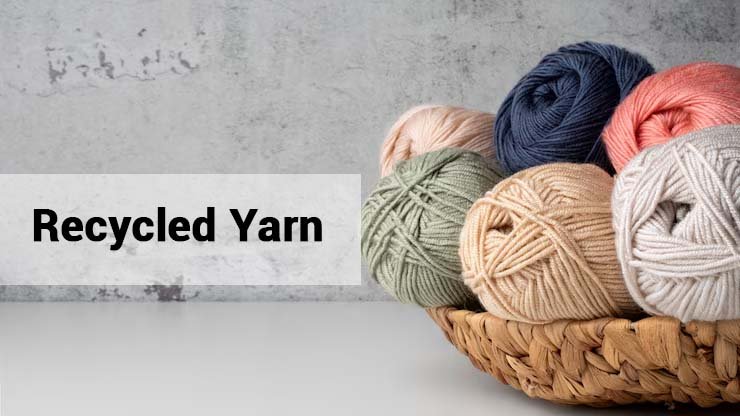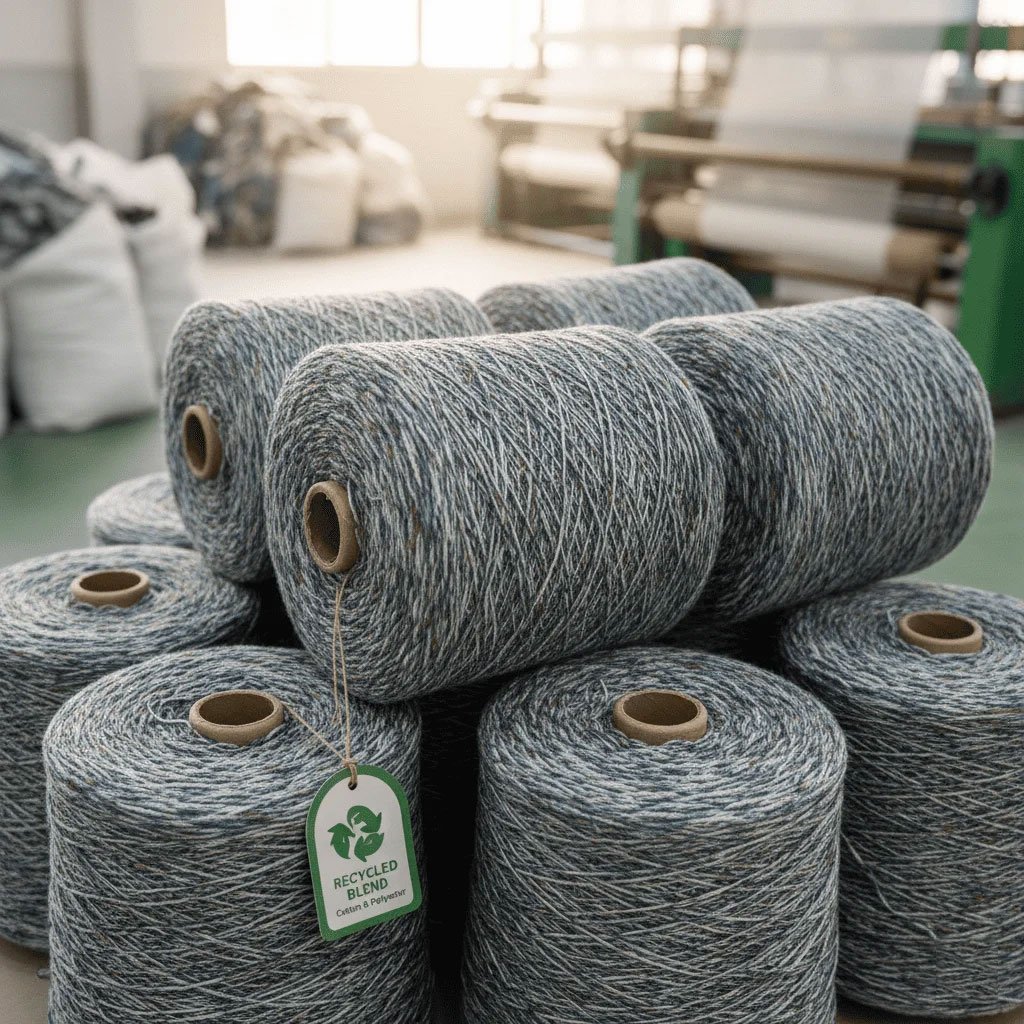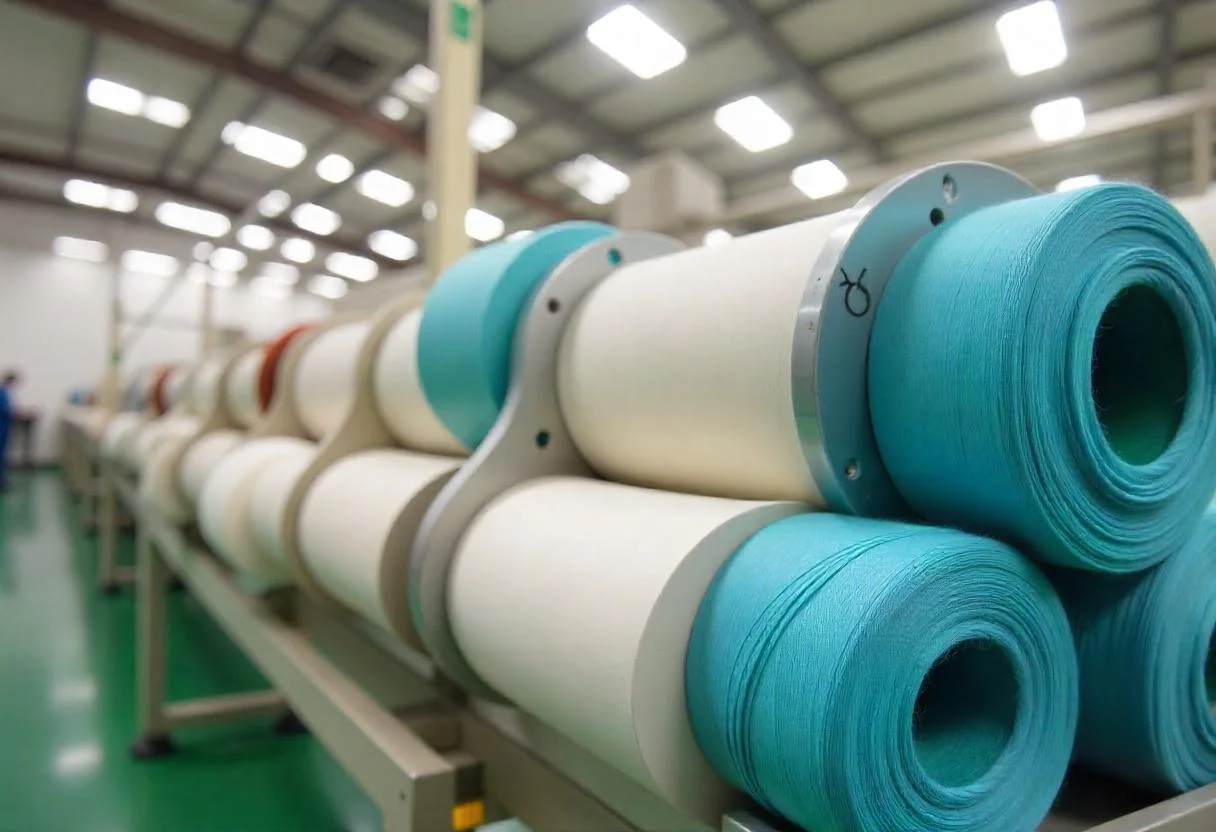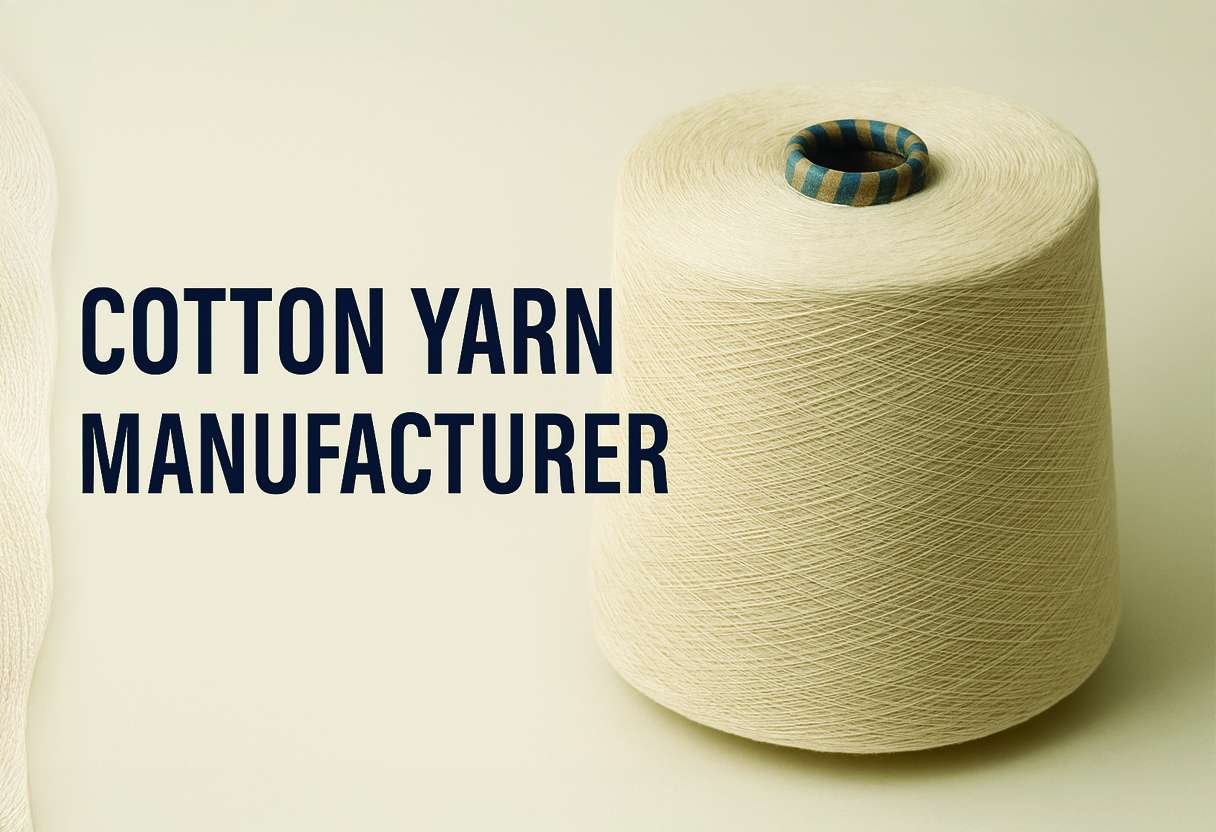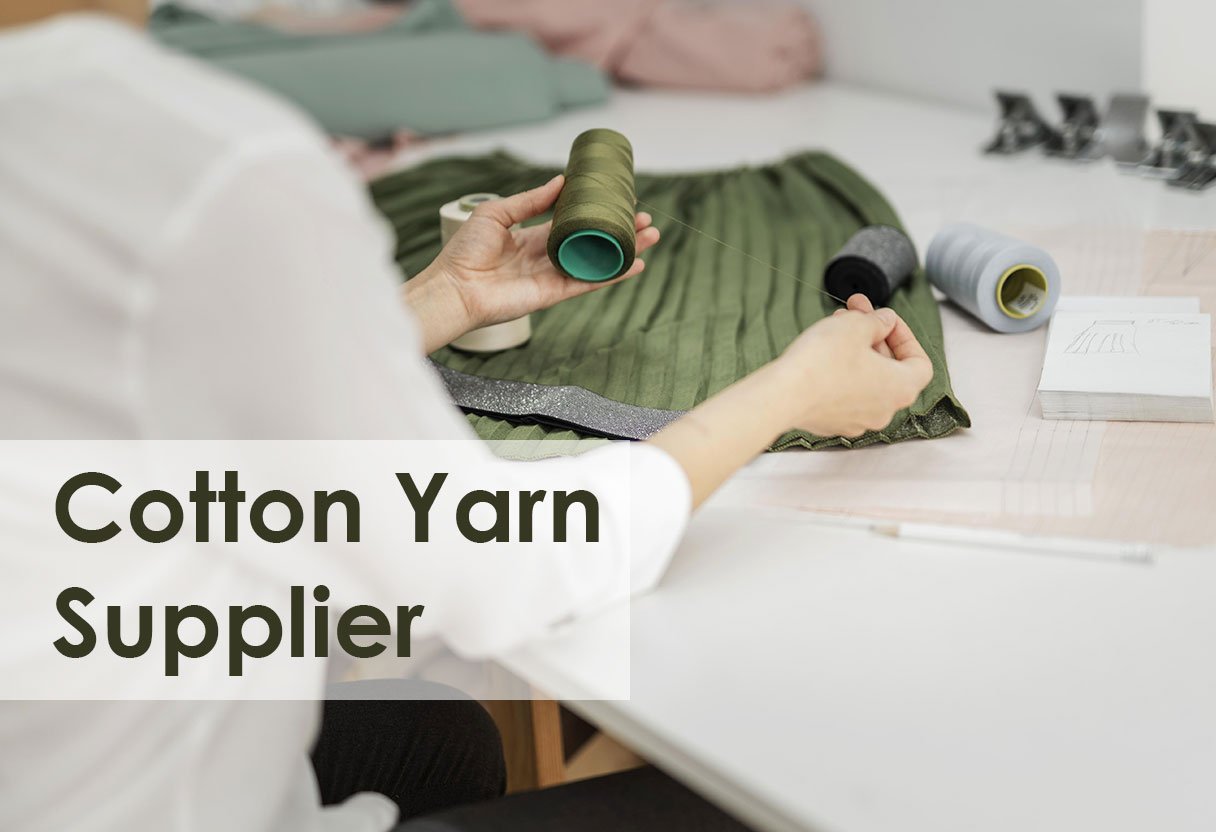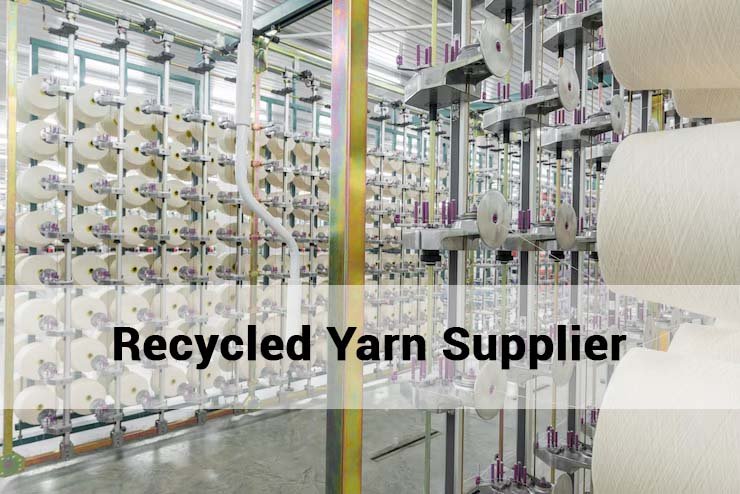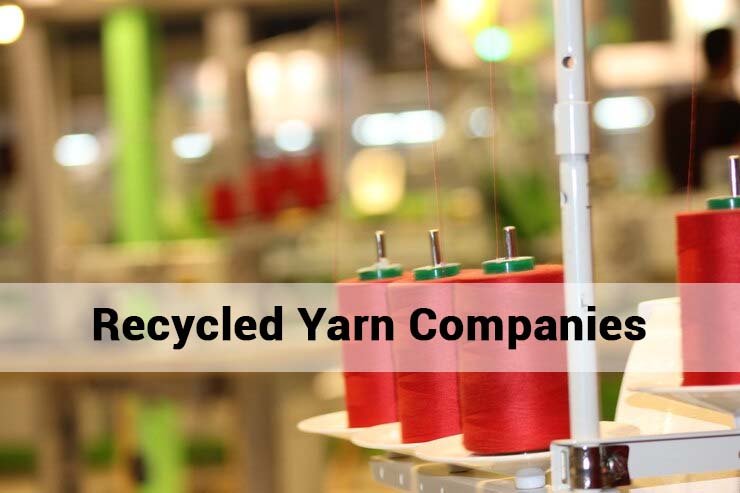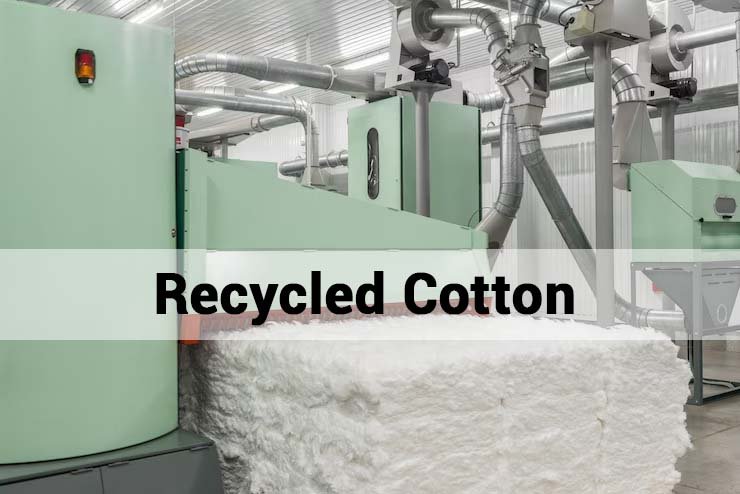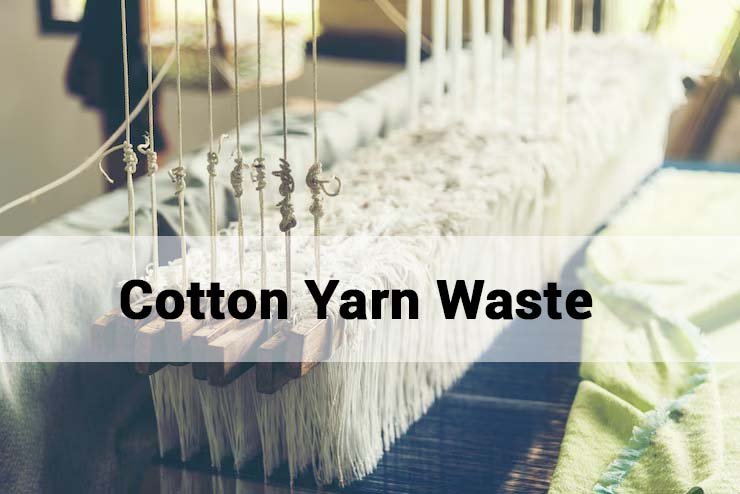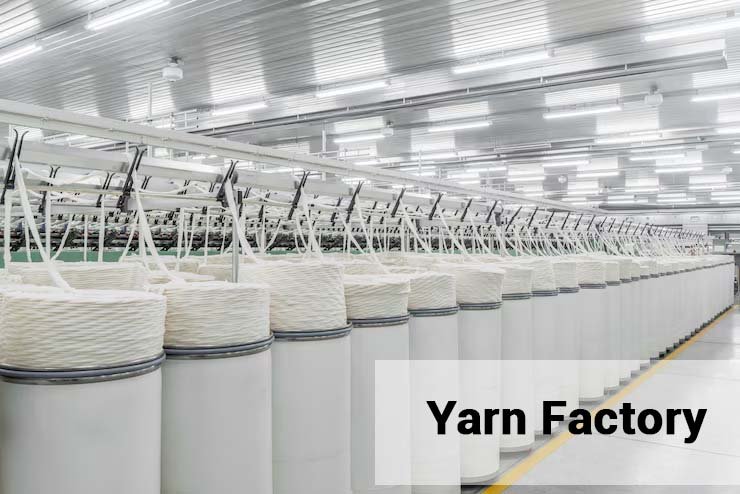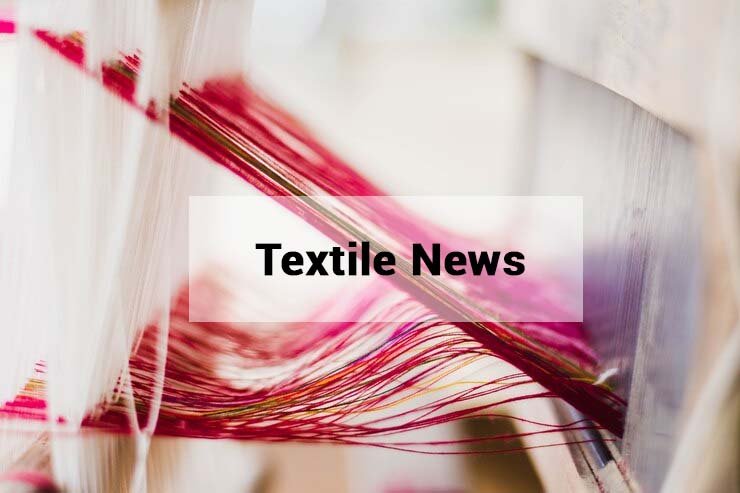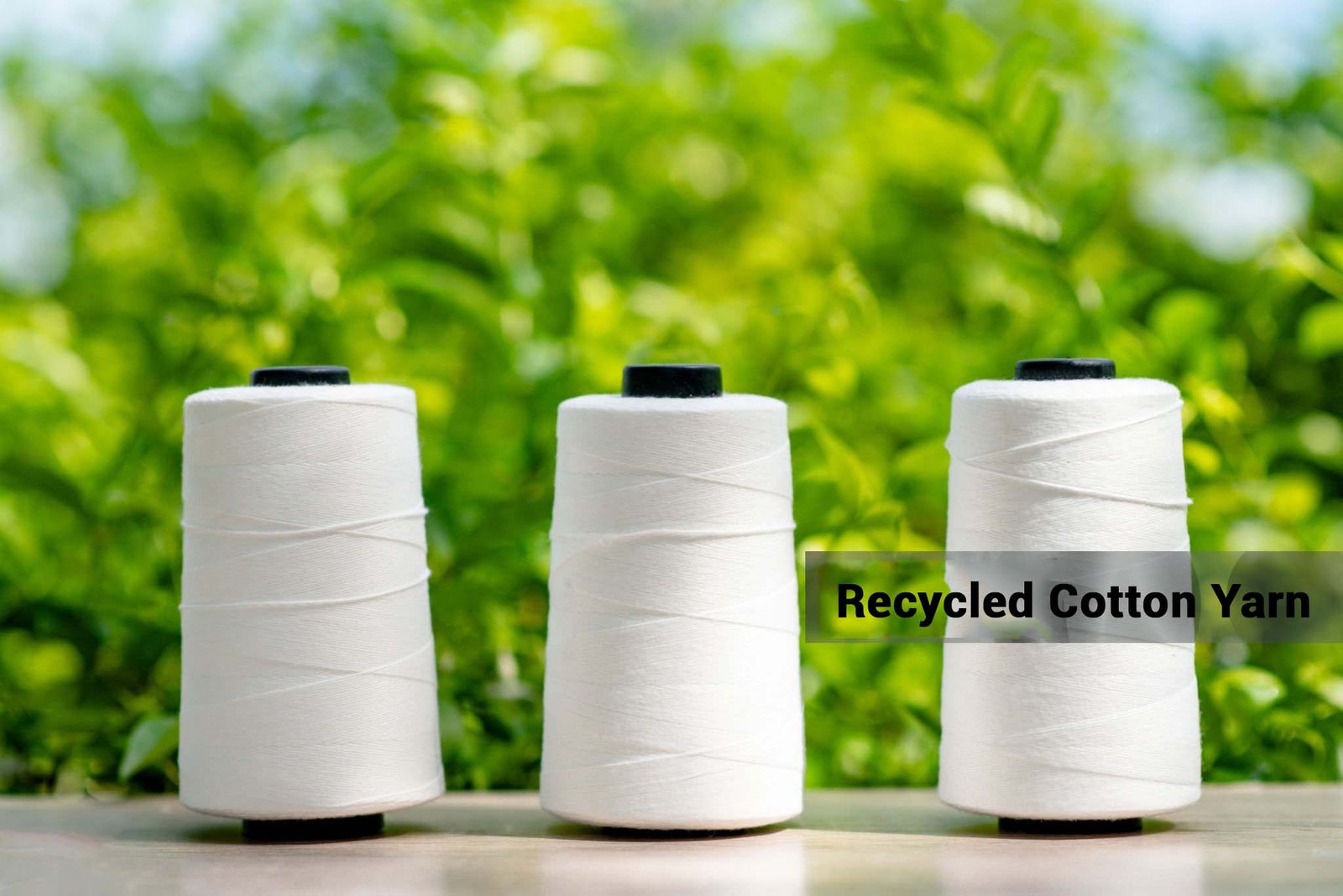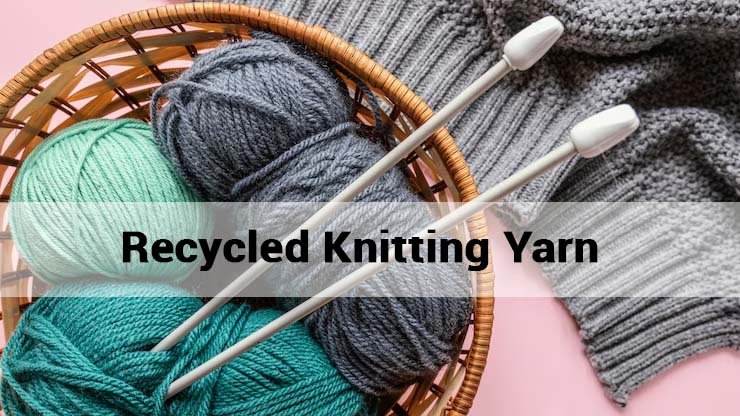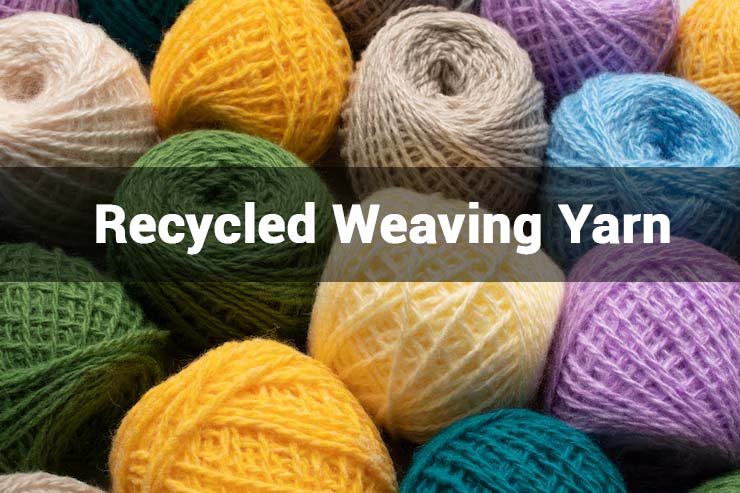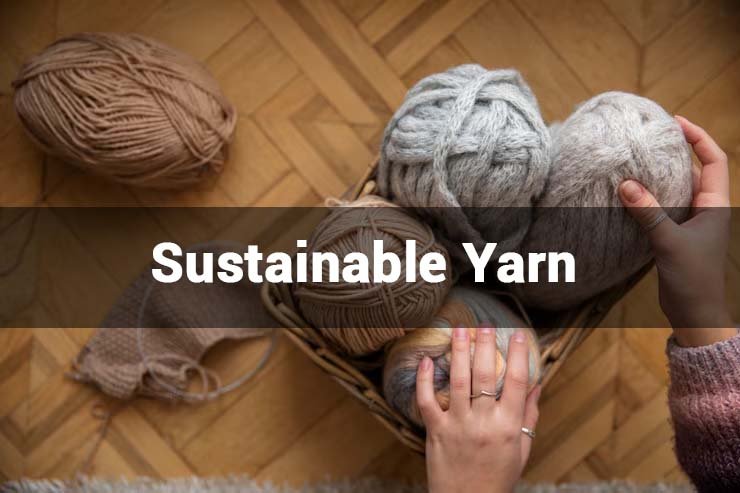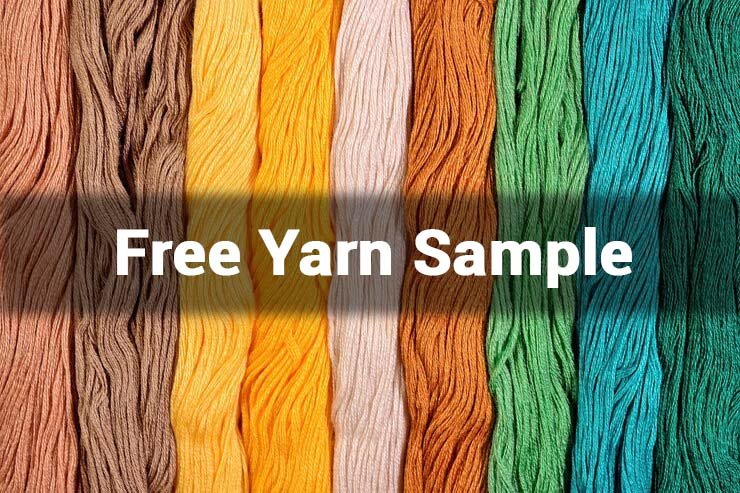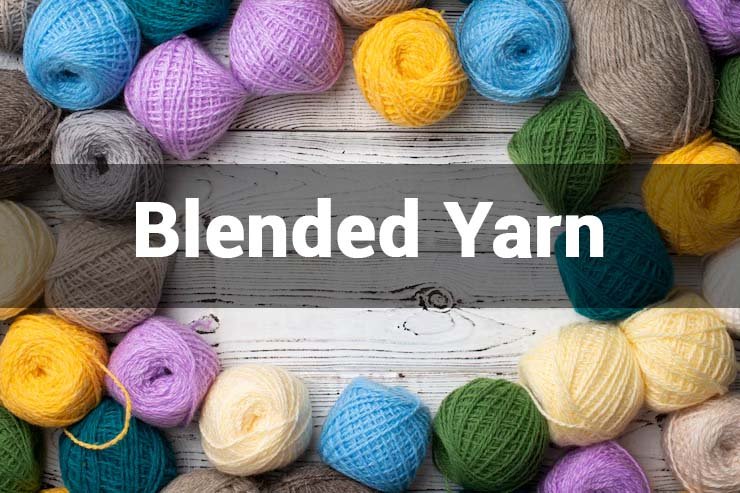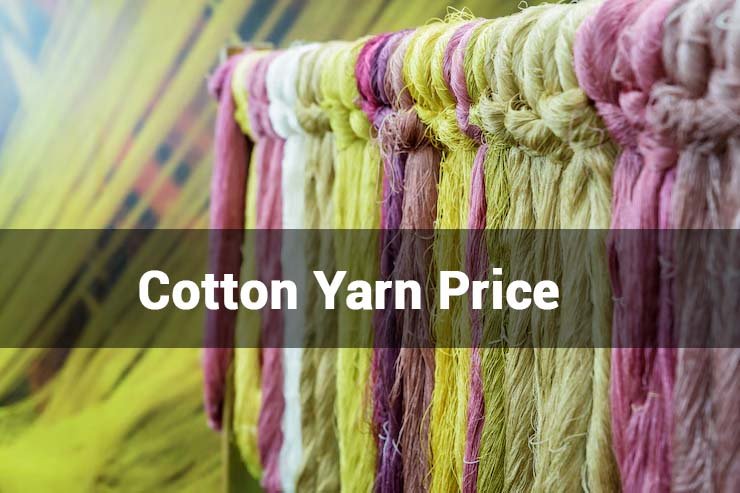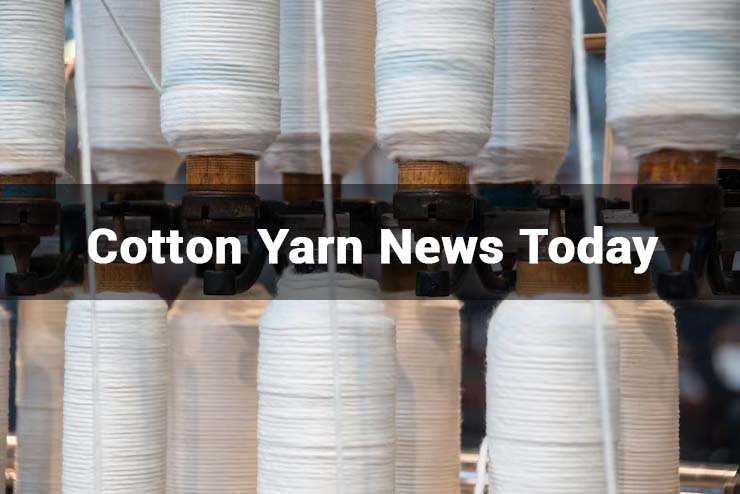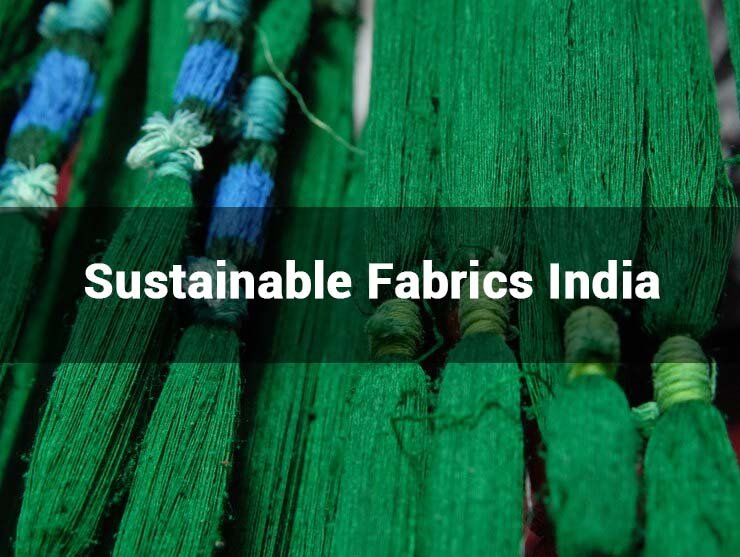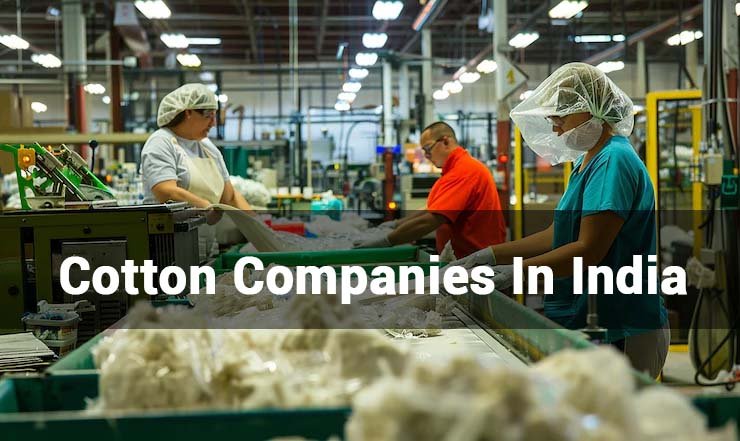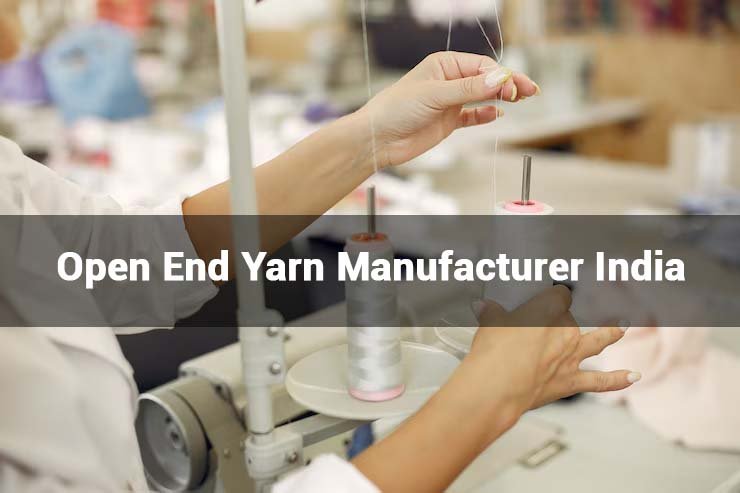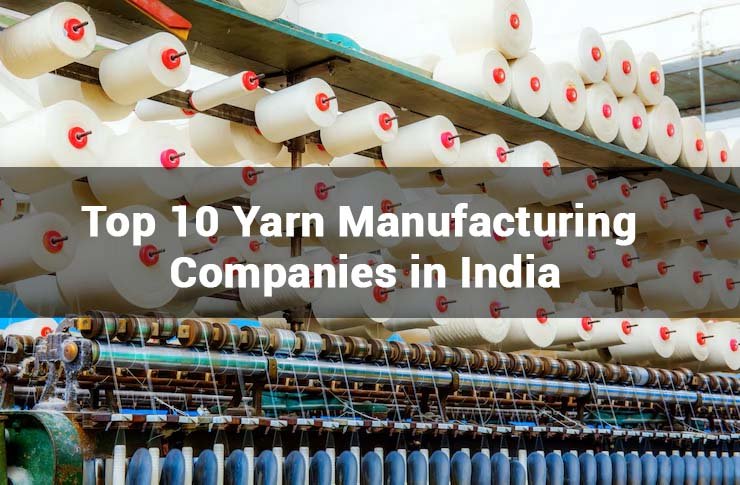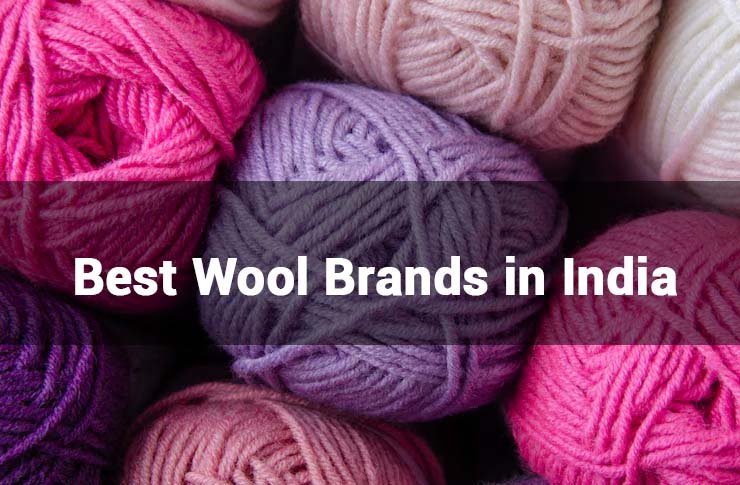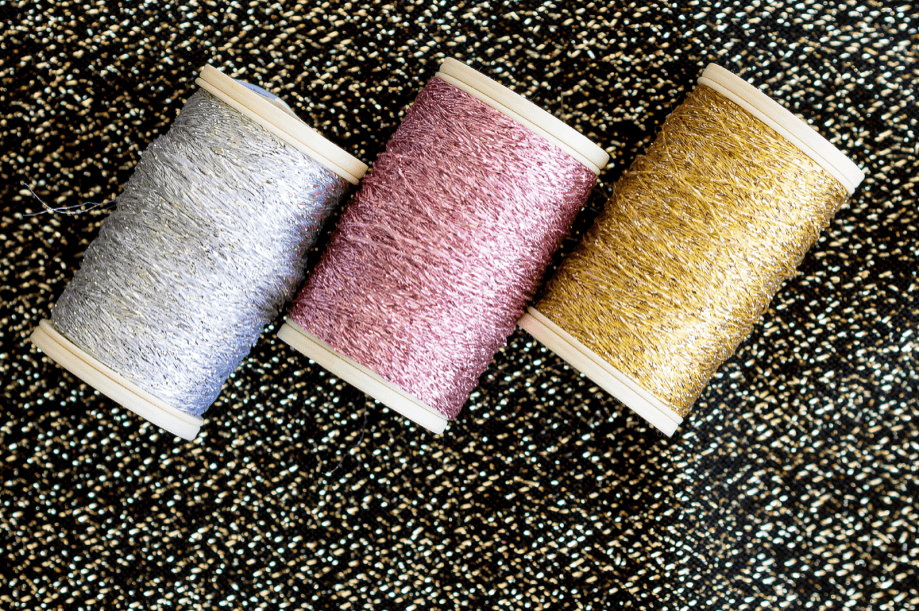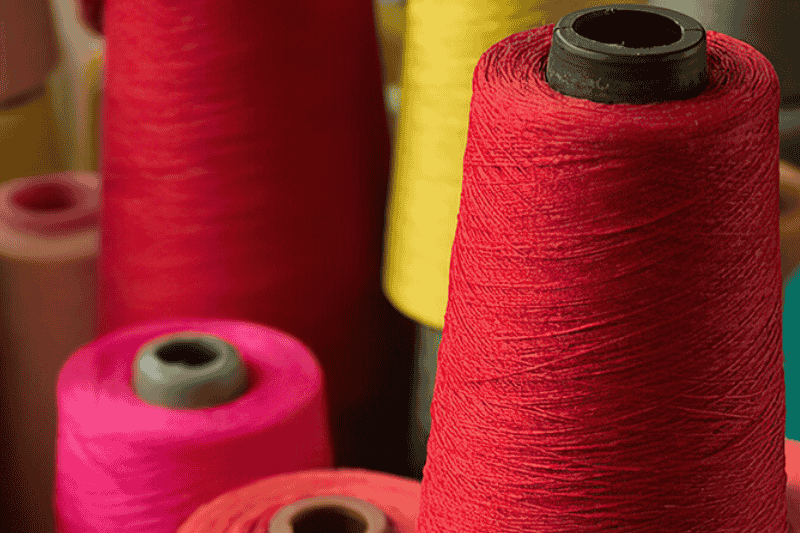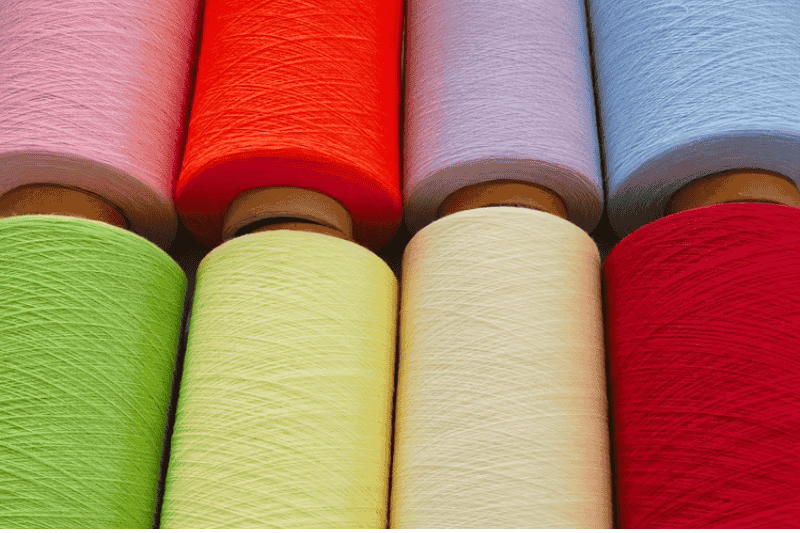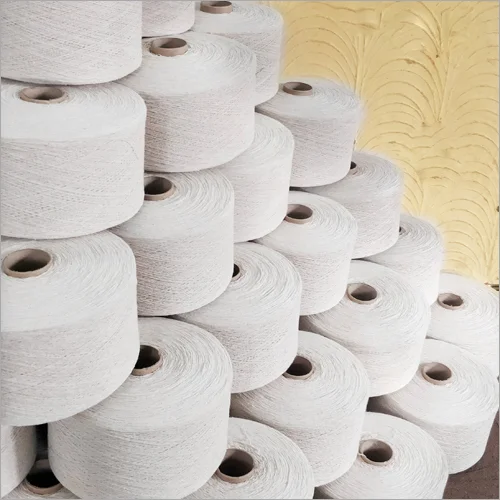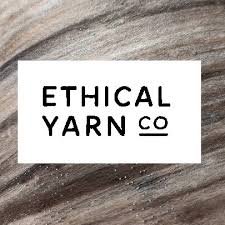
Mandeep Singh / Date: 22 Sep, 2025
Ethically Made Yarn - What Every Crafter Should Know
In today’s world, where sustainability and conscious consumerism are more important than ever, ethical yarns are gaining attention among crafters, knitters, and textile enthusiasts. But what exactly does “ethical yarn” mean, and why should you, as a crafter, care? This guide will help you understand the concept, explore sustainable options, and make informed choices that benefit the environment, society, and your craft.
What Are Ethically Made Yarns? A Guide for Conscious Crafters
Ethically made yarns refer to yarns produced with a focus on sustainability, fair labor practices, and minimal environmental impact. Unlike conventional yarns, which may involve exploitative labor, chemical-heavy processes, or unsustainable sourcing, ethical yarns aim to be eco-friendly, socially responsible, and safe for consumers.
These yarns are ideal for crafters who want their creations to reflect not just skill and creativity, but alsovalues that support a healthier planet and fair working conditions. Whether you’re knitting a cozy scarf, crocheting a blanket, or weaving a home textile, using ethical yarn ensures your craft contributes positively to the world.
What Makes a Yarn Ethical?
Several factors contribute to a yarn being labeled ethical. Understanding these factors will help you make conscious choices:
- Sustainable Sourcing: Ethical yarns come from renewable or recycled fibers. Materials like organic cotton, bamboo, hemp, and recycled wool reduce environmental strain. They are grown or harvested without harmful pesticides, excessive water usage, or deforestation.
- Fair Labor Practices: Ethical yarn manufacturers ensure workers are treated fairly, paid living wages, and work in safe conditions. Certifications such as Fair Trade and Global Organic Textile Standard (GOTS)often verify these practices.
- Eco-Friendly Production: The process of spinning, dyeing, and finishing yarns can have significant environmental impact. Ethical yarns prioritize natural dyes, low-impact processing, and water-efficient techniquesto minimize pollution.
- Animal Welfare: For animal-based fibers like wool, alpaca, or silk, ethical production ensures that animals are treated humanely, free from cruelty, and raised under proper care.
- Transparency and Traceability: Ethical yarn brands often provide complete supply chain transparency, allowing crafters to trace materials from source to finished yarn. This builds trust and promotes accountability in the textile industry.
Ethical Yarn Choices: Sustainable Stitching Impact
Choosing ethical yarn isn’t just about style; it’s about making a tangible difference in the textile industry. Here’s how your yarn choices impact sustainability:
- Reducing Carbon Footprint: Organic and locally sourced fibers require less energy for production and transport, decreasing greenhouse gas emissions.
- Minimizing Water Usage: Conventional cotton uses enormous amounts of water, whereas organic cotton and recycled fiberssignificantly reduce water consumption.
- Preventing Chemical Pollution: Natural dyes and chemical-free processes limit water and soil contamination, protecting local ecosystems.
- Supporting Ethical Communities: Buying from certified ethical brands ensures artisans and farmers earn fair wages, promoting economic stability and social equity.
By switching to ethical yarn, even small crafters contribute to a more sustainable textile ecosystem, demonstrating that conscious choices matter.
Sustainable Yarn Choices: Eco-Friendly Fibers and Ethical Production
The world of sustainable yarn offers a variety of eco-friendly fibers and production methods suitable for every type of crafting:
1. Organic Cotton
Organic cotton is grown without synthetic fertilizers or pesticides, making it gentle on the soil and safe for farmers. It’s perfect for soft garments, home décor, and baby items.
2. Bamboo and Hemp
Bamboo grows quickly and requires minimal water, while hemp is highly durable and replenishes soil nutrients. Both fibers are biodegradable and renewable, ideal for eco-conscious knitting projects.
3. Recycled Yarns
Yarns made from recycled cotton, wool, or synthetic blends divert waste from landfills and reduce the need for virgin materials. They are increasingly popular in sustainable fashion and home crafts.
4. Alpaca, Merino, and Ethical Wool
Wool can be sourced ethically from sheep and alpaca, ensuring humane treatment and minimal environmental impact. Look for certifications like Responsible Wool Standard (RWS) for assurance.
5. Plant-Based Natural Dyes
Ethical yarns often use plant-based dyesfrom flowers, leaves, and roots. These dyes are non-toxic and biodegradable, offering soft, natural shades without chemical runoff.
Ethical Production: How Yarn Brands Make a Difference
Ethical yarn production is more than just materials; it encompasses theentire supply chain:
- Spinning and Processing: Modern ethical mills use energy-efficient machines, reduce waste, and adoptclosed-loop water systems.
- Dyeing and Finishing: Low-impact, chemical-free dyes and minimal water usage are standard in ethical yarn production.
- Packaging:Brands often use recyclable or compostable packagingto minimize plastic waste.
- Community Engagement: Many ethical yarn companies activelysupport local communities, offering education, fair employment, and artisan preservation programs.
These practices not only protect the planet but also ensure crafters receive a high-quality, durable product, enhancing the longevity and value of each handmade item.
How to Identify Ethical Yarns
When shopping for yarns, here are tips to ensure you choose ethical options:
- Look for Certifications: GOTS, OEKO-TEX, Fair Trade, and RWS indicate verified ethical standards.
- Research the Brand: Ethical brands usually provide detailed information about sourcing, labor practices, and environmental impact.
- Ask Questions: If details aren’t listed, don’t hesitate to ask the supplier about fiber origins, processing methods, and certifications.
- Prioritize Local and Small Producers: Supporting smaller brands can reduce transport emissions and often ensures better labor practices.
Why Ethically Made Yarn Matters for Crafters and the Planet
Ethically made yarn matters because every crafting choice has an impact—on the environment, on animals, and on the people who create the fibers. By choosing sustainable, cruelty-free, and socially responsible yarns, crafters can make a difference while pursuing their passion.
Whether you knit, crochet, or weave, opting for ethically made yarn ensures that your projects are not only beautiful but conscious, responsible, and meaningful.Craft with care, and let every stitch tell a story of sustainability, compassion, and creativity.
Conclusion: Craft with Purpose
Ethical yarns are more than a trend—they represent a conscious approach to crafting that respects the environment, protects animal welfare, and supports fair labor practices. By choosing sustainable fibers, eco-friendly dyes, and transparent brands, crafters can make a positive impact on the world while creating beautiful, lasting handmade items.
Whether you are a hobbyist or professional, investing in ethical yarnsis an investment in a sustainable future. Every stitch tells a story—not just of skill and creativity, but of responsibility, care, and conscious living.
